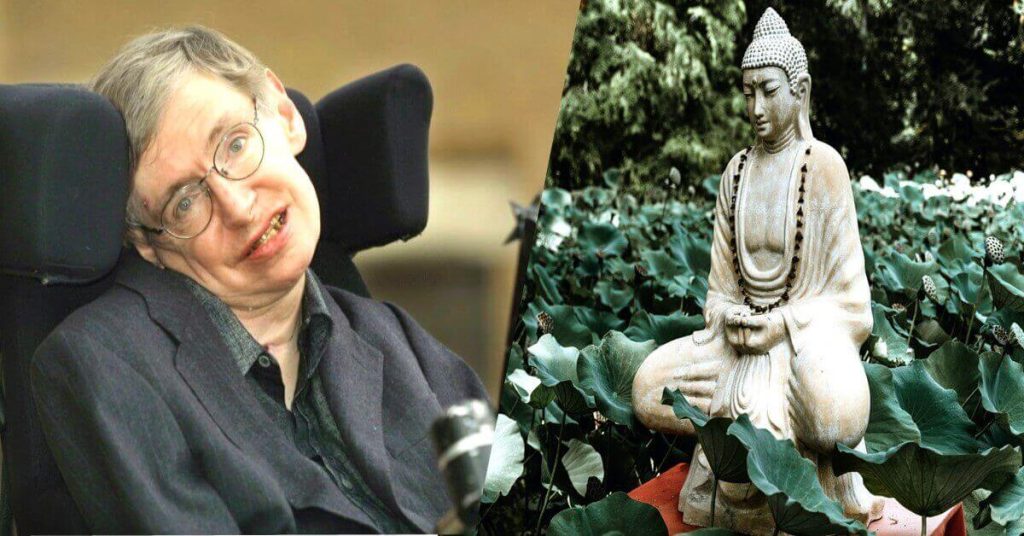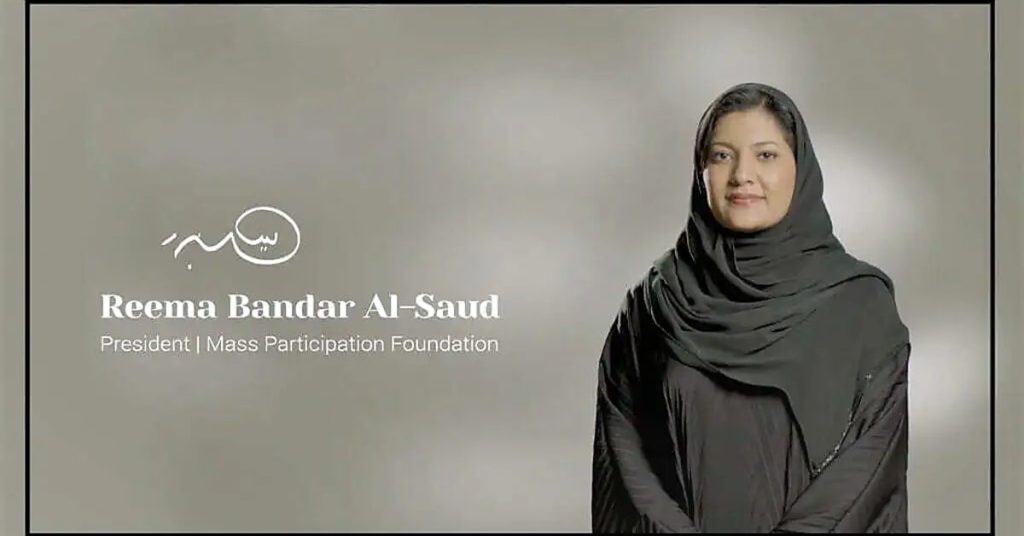Last updated on March 22nd, 2023 at 04:39 pm
As an independent and libertarian law-abiding citizen of Bangladesh, I nurture a strong passion for philosophy, literature, human values and the quest for knowledge. In spite of the conventional education and archaic basis of morality, I would rather take refuge in logic, reasoning, facts and moderation. I do not entertain the fact that attacking and questioning the existence of God or unmoved Mover is a precondition to enlightenment or liberating oneself from being imprisoned by religious conventions. For it is not the convention that is a stumbling block to human progress and scientific acceleration, but the lack of a willed way forward.
The subjective interpretation of religion in the period when scientific, anthropological, archaeological and technological progress is in its full swing is nothing but intellectual dwarfism. The veiled attempts to corresponding religions with science and vice versa gave rise to conservative interpretations of religions. Accordingly, equating things that deal with spirituality with that of materiality is nothing but an ignorance of the fact that we often mingle the invisible with the visible.
My favourite British philosopher and mathematician Bertrand Russell wrote: “The whole problem with the world is that fools and fanatics are always so certain of themselves, but wiser people so full of doubts”. Indeed, the lack of just courage is so severe and public reasoning is so cornered by religious sentimentalists that hardly anyone comes or usually comes to prove them wrong. Whatever is progressive, rational, reasonable and enlightening is taking back-track.
Presumably, the force of fanaticism has become so dominant that not any rational mind any longer feels compelled to stand against and protest. The opposing voice of the free mind is curtailed, smeared and stigmatised. The opium of religion has made the rational minds captives, biased while the politics of scoundrels has been used as a ploy in regulating inconsiderate religious and ignorant populace: schooled ignorants. “Educating the mind without educating the heart is no education at all”, Aristotle said.
“One does not become enlightened by imagining figures of light, but by making the darkness conscious.”
C.G Jung
Are we not all just educating the mind instead of the heart? Is education changing us for good? Has education been merely another convention, a convention of regression? Does education illuminate our mind and free it from moral bankruptcy? What is responsible for corrupting our mind, thought, behaviour and nation, education or lack of it? 26th president of the USA, Theodore Roosevelt said, “A man who has never gone to school may steal a freight car; but if he has a university education, he may steal the whole railroad”. Is not that what is being represented?
Is education making us just, kind, generous, sympathetic, broad-minded, well-mannered, wise and considered? Theologian C.S Lewis wrote, “Education without values, as useful as it is, seems rather make a man a more clever devil.” Has education been responsible for increased human values? Let us ask ourselves.
The increasing number of schooled populaces find their bliss in being ignorant. Educated ignorant is simply schooled stupid. English philosopher and statesman Francis Bacon once said, “men are born ignorant, not stupid, but it is the education that makes us stupid”.
Significantly, more often than not, it is the educated ones who discount and oppose intellectual, philosophical and scientific progression. It is now taking us back to the age of darkness, instead of taking forward with enlightening. That is what exactly Henry Newman said, “One of the greatest problems of the time is that many are schooled but few are educated”.
“Enlightenment is man’s release from his self-incurred tutelage”.
Immanuel Kant
British philosopher Immanuel Kant described, “enlightenment is man’s release from his self-incurred tutelage. Tutelage is a man’s inability to make use of his understanding without direction from another. Self-incurred is this tutelage when its cause lies not in lack of reason but in lack of resolution and courage to use it without direction from another”. Enlightenment and reasoning cannot be realised if we resolve people to decide our actions.
The masses cannot regulate my reason and decide what I should say or should not, what I should be doing and should not be doing, as long as my moral conscience regulate my decisions. “Have courage to use your own reason!”- that is the motto of enlightenment, Kant said. We do no longer use the reason which is now subject to commodification.
Based on materialism a consumeristic society is rising around the world, nowadays. Everyone and everything, and every service is under the influence of money. Money decides the quality of things, person, services and values of a person. Human value is subject to commodification as well. An extravagant display of wealth and ability had become a new social ill or passion. Human value and morality are suppressed while the privileged are exposed to purchases that is supposed to be available for all. When common services are purchased unethically hardly anyone feels obliged to abide by the law.
Social harmony is falling apart. Social fabrics of morality are out of joint. Individualism is at its peak. The unbridled competition and unhealthy nature of show-off have been another form of social malice. Neighbour’s involvement in the common cause has been declining rapidly. The stronger expropriates the wearer’s means. The numbers of educators, educated; wealth and wealthy, informants and information; deceivers and deceived have multiplied, not the overall human values and mutual attachment.
Once again, The Seven Social Sins of Fredrick Lewis Donaldson of Westminster Abbey, that wealth without work, pleasure without conscience, knowledge without character, commerce without morality, science without humanity, religion without sacrifice, and politics without principle are widespread in societal settings.
In addition, the battle cry of atheism “The World would be better off without religion” is reverberating in every corner of the world. Would the world really be better for religions? Is atheism or godlessness the answer to all religion-based atrocities, terrorism, exclusivism, intolerance, bigotry, chauvinism and homophobia? Is it capable of rescuing the human race from the possible extinction of religious supremacy?
Is not having a God amid us solves the problems of some believing Copernican and some others in Galilean facts of astronomy? Who is going to convince the seven billion plus people of the world that religions with their exclusive ideals are the root of all forms of hatred? Should we be against religion or its backwards-looking interpterion?
Almost all religions have become a product of political gameplay. The people from the highest positions of a nation take the full privilege of the people who believe in religions. It is they who use, abuse and misuse religion for their personal agendas. the people who help build a place for prayer are the same people to agitate the ignorant to take it down.
Humayun Azad, famed as Socrates of Bengal, once said, “the religious build mosque, and it is the same religious people who destroys it”. It is, in fact, the politics which is based on self-serving agenda do more harm to humans than the religions themselves.
However, we somehow need religion on earth for the sake of human existence. Because, apart from the spiritual fallenness of human beings, people are born good and have instinctive concerns of human welfare, argued philosopher Rousseau. People somehow acquire that feeling of welfare and sympathy from religious precepts. Because most of the population of a nation whose primary objective is to live and laugh are not concerned about what ethics is concerned about.
Conversely, religion and precepts are good enough to boost adrenaline in our system. The mass that does not care about the scientific and neurological revolution instantaneously draw cognitive stimulation from religion. It contains the greatest and most pleasant cognitive incentive. For the masses, religion is a premise to feeling social camaraderie, fraternity, brotherhood, sympathy and mutual consideration.
To an irrational being, emotion is the primary driving force, not reason. Moreover, for a man who tries to get rid of unreasonableness to accept the enlightenment of reason, it always comes with a hefty price, especially when he is surrounded by all his or her well-wishers or lover or beloved.
Before it is too late for humans and humanity to go extinct, it is the existing politics that need to stop patronising any particular religion. A religion that is based on human well-being and inner prosperity, mutual empathy, sympathy and compassion must rule the human heart. The ideological war between religionists, the debate centring on the hope of heaven and awarding of hell certainly do nothing for humanity, let alone relieving it from constant disaster.
While atheism does not deal with the emotion of people, science and technology are dead ends to morality. Science and technology are vapid, tasteless, emotionless, neurologically unrewarding and take efforts to understand, and intuitionally ground-breaking education, exceptional intelligence to comprehend for which most people are not entitled or privileged. On the other hand, religion is rewarding, reaches one’s heart, touches one’s emotion, is affordable, embodies social values and people find emotional solace in it.
People do not need to be educated for going to heaven and understand mythologies to be moral and morally right. In contrast, people need the education to be logical, rational and considered, and to comprehend the mystery of physics, chemistry and astronomy. People, through education, need to understand that being white and having a white complexion is not a contributing factor to beauty while possessing darker skin to be subjected as unbeautiful.
People need to be enlightened in the regard that our personality, diligence, care, nurturance and virtue are the beauties or parts of beauty. Aristotle saw beauty as a relationship between “good” and virtue, arguing that “Virtue aims at the beautiful.
An ignorant man can easily claim himself to be a moral man but to claim oneself liberal, moderate, logical and ethical needs a great deal of understanding. People who do not have much of a choice in the social and financial setting and intellectually handicapped and prisoners of emotion tend to find all the possible solutions to material problems.
But people with a considered and reasonable mind find religion a basis for mutual benevolence. While it is factually not achievable to make the world free of ignorant, so will there be religions and religionists. As the saying goes ‘ignorance is bliss’, therefore voluntary ignorance is expected.
The atheistic dream of a religion-free world will never be materialised so long as humanity survives and have leaning toward self-serving politics. But outright disregard of religionists as ignorant, and considering them as inferior by atheists will constantly fuel mutual hatred. Religious supremacy, racial dominance will always be there as long as the sense of winning others and struggle for existence prevails.
Because every race, religion sustains a sense of multiplication which does not often come with struggle free, at all. Therefore, the struggle, competition and rebellion breed intra or inter-race-religion conflicts. If the human race to go extinct, ever, it will certainly happen so because of preferred religious ideology and bigotry.
While science and technology are propagating external human progressivity so must religions be for human mental happiness. Irrespective of the theistic or atheistic collision, all humans must attain virtuous traits. Instead of advocating ideological, philosophical and doxological chasms, all human must contain a common platform for the common good, altruism, benevolence, philanthropy, shared compassion, shared reverence and predilection for casting ignorance.
Virtues are the core characteristics valued by moral philosophers and religious thinkers: wisdom, courage, humanity, justice, temperance and transcendence. These are universal in biology through an evolutionary process that helps to solve the important tasks necessary for the survival of species. Virtues of wisdom can be achieved through such strength as creativity, curiosity, love for learning and open-mindedness.
Our common sense must tell us that enabling conditions include educational and vocational opportunity, a supportive and consistent family, a safe neighbourhood, schools, roads, places of worship as per people’s volition.
People must be encouraged for the enlightenment of perception, pro-social behaviour such as kindness, generosity, nurturance, compassion and altruistic love are to be the orientation of our character.
According to Character Strength and Virtues: A Handbook and Classification, the traits of humanity include:
• Others are just important as me
• All human beings are of equal worth
• Having a warm and generous effect seems to bring reassurance and joy to others.
• Giving is more important than receiving.
• Doing good for others with love and kindness is the best way to live. • I care for ungrateful as well as grateful.
• I am not the centre of the universe but part of common humanity.
• People who are suffering need compassion.
• People in need require compassion.
• It is important to help everyone, not just family and friends.
In the Westerner Enlightenment, Scottish moralist, David Hume and Adam Smith based their ideas on careful empirical descriptions of sympathy, and later German phenomenologists focused on empathy and care as the foundation of ethical living.
Scientific-American’s experiment on the 2,068 subjects revealed that, even though people are not intuitively selfish, cooperation is the intuitive response only for those who routinely engage in interactions where this behaviour is rewarded—that human “goodness” may result from the acquisition of a regularly rewarded trait.
Even though some people gave themselves voluntarily in numerous ways, their efforts and endeavour are to be appreciated, rewarded and promoted. Even an act of the most selfless man is directed towards a person, might be insignificant, gain.
To quote Serbian-American inventor Nicolo Tesla, we must say that “What we now want is closer contact and better understanding between individuals and communities all over the earth, and the elimination of egoism and pride which is always prone to plunge the world into primaeval barbarism and strife. Peace can only come as a natural consequence of universal enlightenment”. The passion for humanity and pluralism and inclusivism are to prioritise by enlightening ourselves above our passion for religion.






